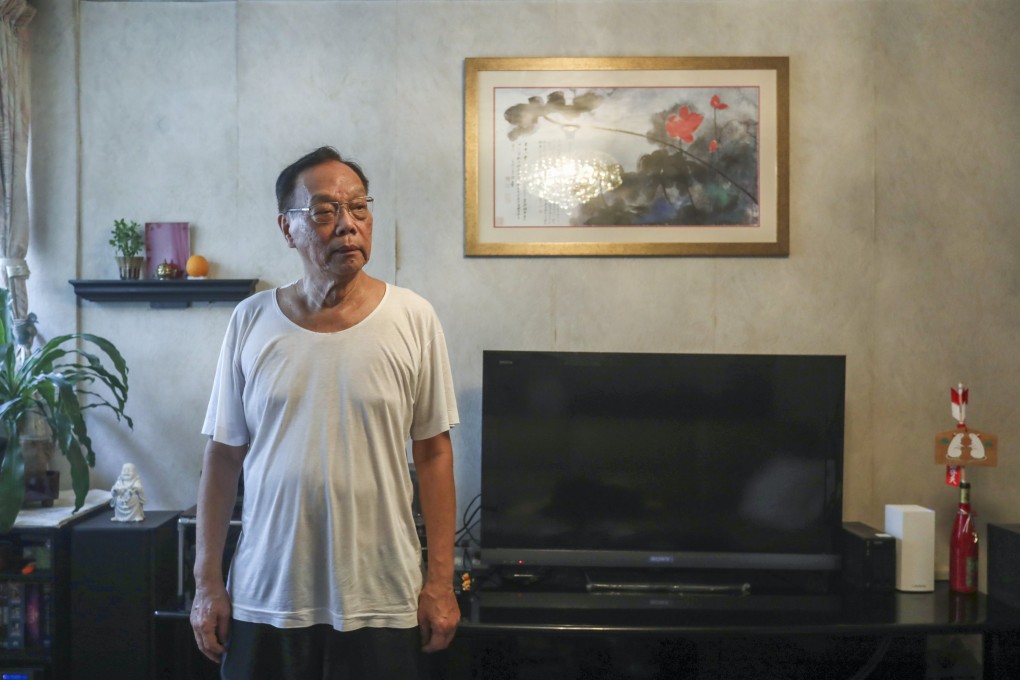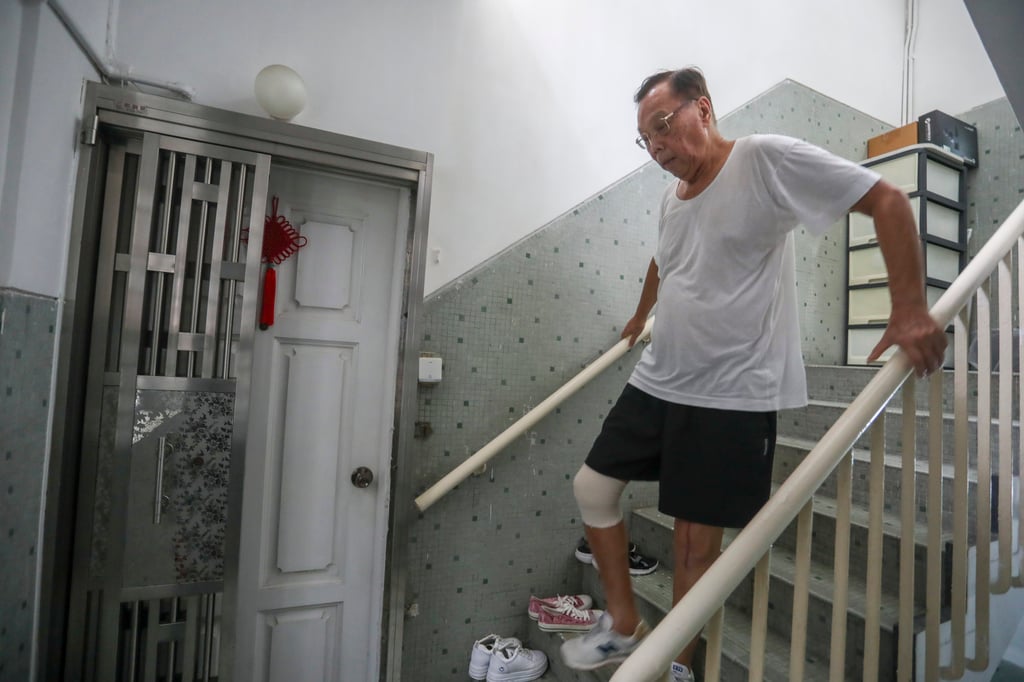Advertisement
Hundreds of Hong Kong land sites with room for at least 20,000 new flats stuck in limbo as owners call for government action
- Many ageing flats across the city, built for civil servants, are vacant or being used for storage as land premiums make the sites unattractive for redevelopment
- Urban Renewal Authority pilot projects in Kowloon City offer a ray of hope to owners of Civil Servants’ Co-operative Building Society scheme flats
Reading Time:3 minutes
Why you can trust SCMP
0

Hundreds of half-century-old buildings, which could make way for no fewer than 20,000 flats to ease Hong Kong’s housing shortage, are instead stuck in limbo as market uncertainty and high government land premiums make them financially unviable for property developers.
The sites, mainly comprising four- and five-storey buildings, were built under the Civil Servants’ Co-operative Building Society (CBS) scheme, which was introduced in 1952 to provide affordable housing for civil servants.
By the time the scheme ended in the 1980s, 238 CBS sites had been built. Today, 12 have been sold for redevelopment. If all 226 remaining sites were redeveloped at higher density, they could potentially yield not less than 20,000 flats, according to Colliers.
However, owners who want to sell CBS flats must get all the owners in their building on board and are required to pay back the discount they enjoyed when they bought their flats from the government.

In addition, the purchasers, normally developers, must pay a land premium if they want to increase the building density in a bid to generate more gross floor area. These factors have prevented redevelopment of such properties for decades, despite the best efforts of residents and interest from developers.
Advertisement